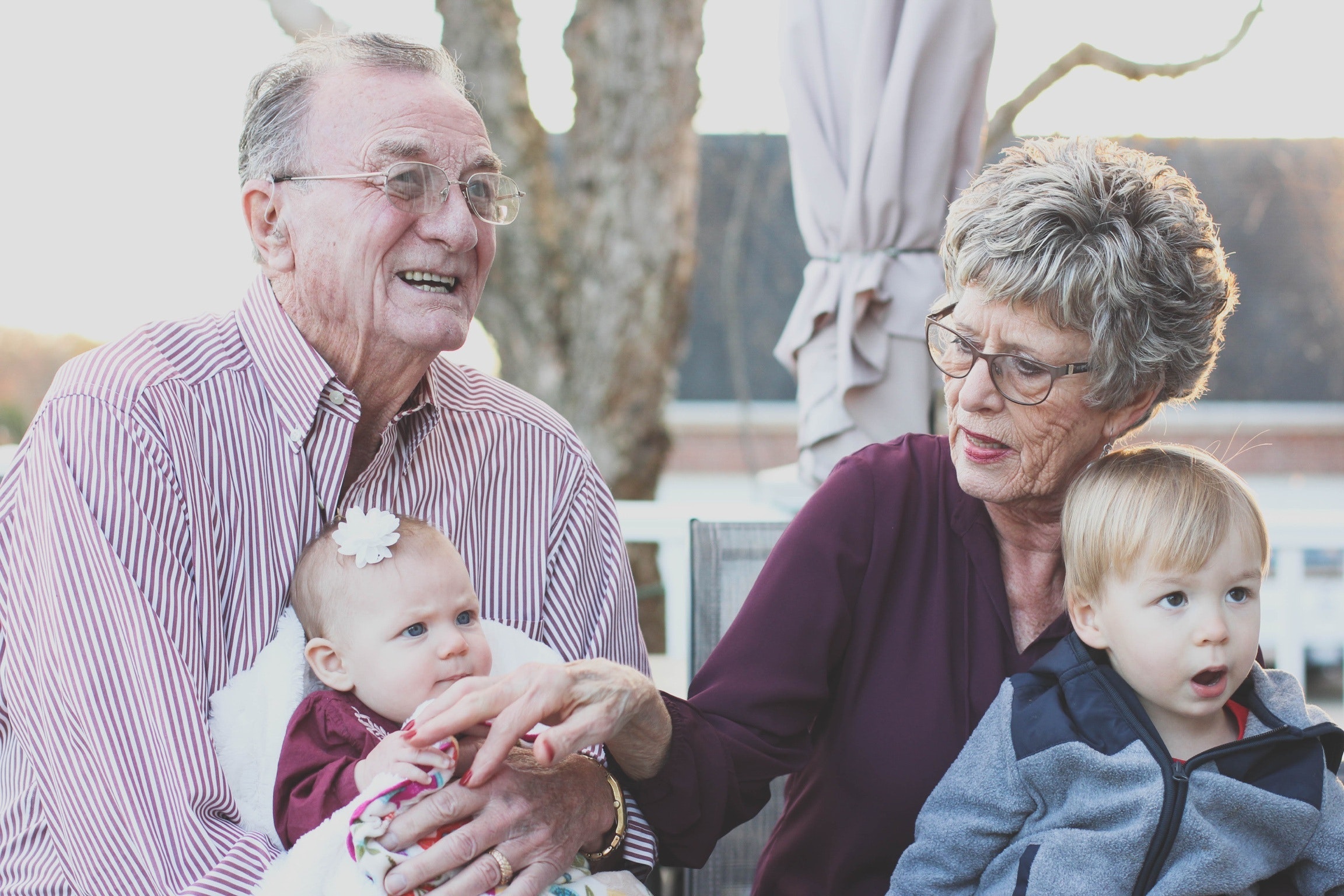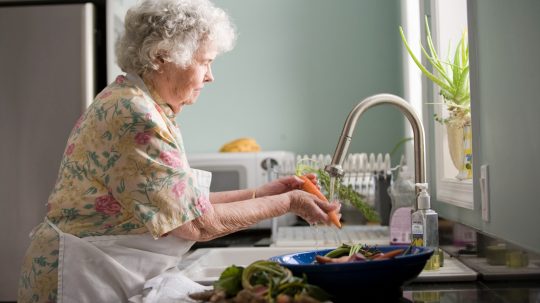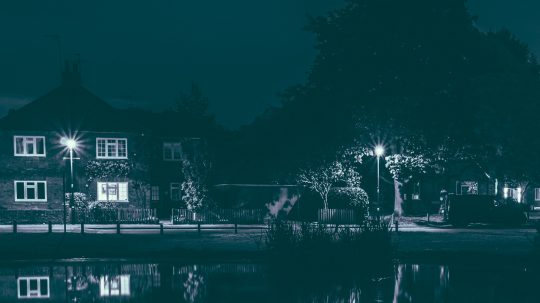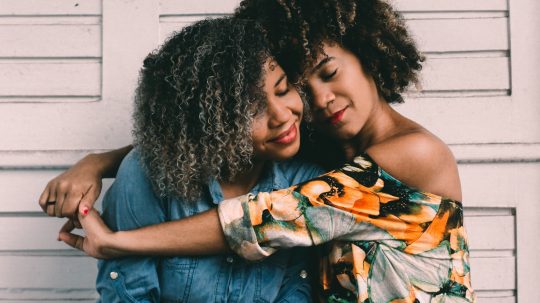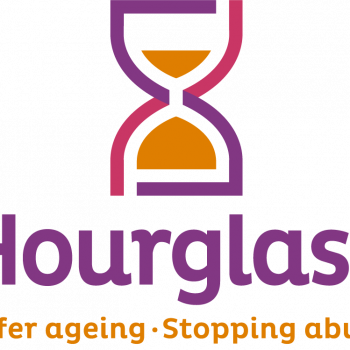Arthur and Sylvia* did not know where to turn when the atmosphere at home with their daughter Paula became a “living hell”.
The couple, both in their 80s, welcomed their adult daughter back into their home nine years ago, after she was diagnosed with an illness and sold her house after running into debt. But as Paula’s health began to improve, she began to grow abusive towards her parents physically, emotionally and financially.
“We’re relieved Paula’s health is better now but our lives have become unbearable,” Sylvia said. “She’s demanded money from us – almost £30,000. She’s stopped us seeing our friends and other relatives so we’ve gradually lost all support and feel so alone.”
The couple felt that their GP did not take their concerns seriously, while the police were “reluctant” to do anything as they saw Paula as a vulnerable adult.
Arthur and Sylvia’s story is akin to those of more than 660 people who rang charity Age UK’s domestic abuse advice line last year. Their testimony is included in a report the charity published in April, detailing the harrowing experiences of people in their 80s and 90s who have suffered abuse at the hands of their adult children, carers or intimate partners, among others.
Yet these experiences are not captured in the official figures recorded by the ONS, who only collect domestic abuse data on people up to the age of 74. This “ageist” limit has “helped to keep domestic abuse in later life well and truly hidden, hindering efforts to get support to older people who desperately need it,” said Age UK director Caroline Abrahams.
It is feared that the government’s coronavirus lockdown restrictions are “exacerbating” the situation for already at-risk older people trapped at home with their abusers.
Experts and charities have proposed a number of steps to help tackle this “hidden” scandal both during and beyond the pandemic, which include:
- Having the ONS record data on domestic abuse survivors of all ages
- Training health workers to identify signs of abuse in older people
- Granting social services and other related agencies in England emergency “powers of entry” into older people’s homes to investigate abuse allegations amid the lockdown
- Heeding calls for a national strategy for dealing with perpetrators
Isolation under lockdown
The UK has experienced a surge in reports of domestic abuse amid the coronavirus pandemic, as has been widely covered in the press. But the specific challenges older people face appear to have received less media attention.
Hourglass, the UK’s only dedicated elder abuse charity, told EachOther it has had a 25% increase in calls from older people living both in care homes or their own houses since the lockdown started on 26 March.
Among the callers was a man living in a care home with reported Covid-19 cases, who was denied permission to call his wife for three weeks. Another came from a couple in their 80s whose said their daughter is leaving their property unnecessarily, which they fear puts them at risk of contracting the virus.
While lockdown measures are being gradually eased, leaked plans reported by Buzzfeed News suggest that over-70s, among other high-risk groups, could be kept under lockdown for up to 18 months until a vaccine is found.
Under the measures, many of the usual opportunities to identify abuse – through contact with professionals at routine appointments – have been lost.
The restrictions have created challenges for those involved in domestic abuse outreach work, such as Monsura Mahmud. Mahmud manages the Silver Project for charity Solace Women’s Aid, which provides a specialist service to female survivors over the age of 55.
Many of the women she supports do not have mobile phones but tend to use landlines, which are difficult to use if trapped at home with a perpetrator. Mahmud would often meet with survivors at GP appointments or in hospitals – but this has become difficult if not impossible amid the pandemic. “For some of these women, there is no other way of contact,” she said.
A government spokeswoman told EachOther that it has given £28million in coronavirus outbreak funding to domestic abuse charities, as well as funds for specialist abuse charity Hourglass to help meet increased demand. “Domestic abuse is a devastating crime regardless of age, but it is particularly insidious in relationships with the elderly where there should be an expectation of trust, dignity and care,” she said.
The Domestic Abuse Bill is also set to introduce a new domestic abuse protection order (Dapo), which will enable courts to place restrictions on perpetrators to help protect victims, she added.
But Mahmud feels this funding is still “nowhere near” enough to meet the challenge at hand. “In London alone we have 33 boroughs. Once that money gets split up it will be very little. I think more needs to happen – especially for older women.”
At-risk older people, whether or not they are known to social services, require more frequent visits and social services is “already overstretched,” she said.
Powers of Entry
A reform that has been mooted by charity Hourglass is to grant social services and similar agencies “powers of entry” to allow them to enter into homes to investigate allegations of abuse against older people.
The Scottish government has introduced this power in its domestic abuse legislation but no such provision currently exists south of the border. Although authorities can enter homes in instances of suspected child abuse or animal abuse.
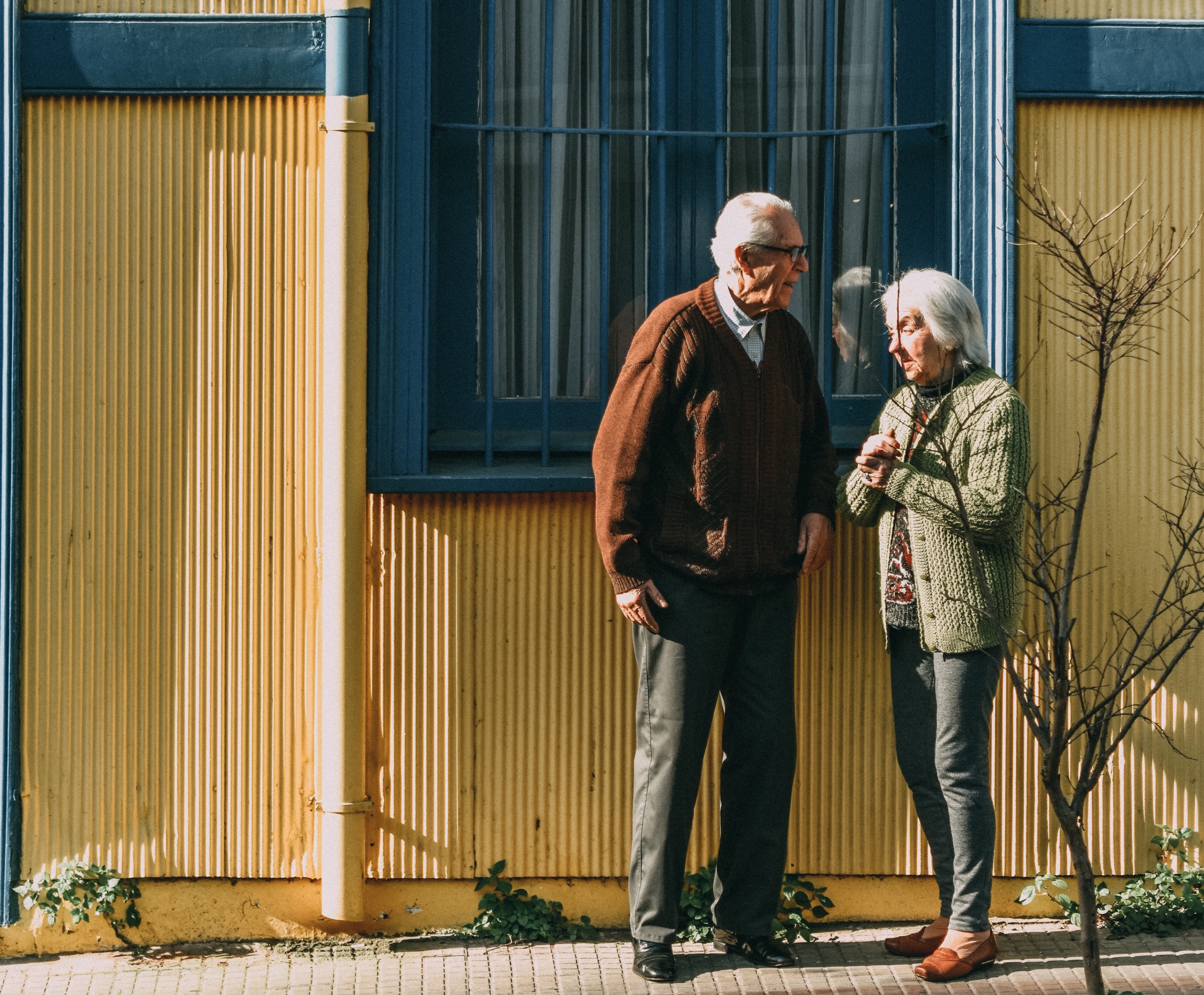
An older man and woman stand in front of a yellow building. Credit: Pexels
In 2010, a consultation was held as to whether provisions for powers of entry should be included in what would eventually become the Care Act 2014. There were high levels of support for such powers, among professionals and the police in particular, but also opposition from people concerned about the potential encroachment of the government into their homes. The power was ultimately not included in the Act.
Bridget Penhale, a reader in the mental health of older people at the University of East Anglia, said: “The situation needs to be revisited particularly urgently … clearly we are in a different world now.”
There might be greater public acceptance of such a power if introduced on an “interim basis” within the Covid-19 emergency legislation, Penhale added.
Suzanne Jacob OBE, director of charity SafeLives, cautioned that any such powers would need to be coupled with “careful training and a framework around it as well as really strong multi-agency working” to ensure one abuser is not replaced by another – the state.
“It’s a fine balance. You do not want older people thinking people can just come in and out of their home on [the state’s] own decision-making basis,” she said.
Respect for human dignity, including that of older people, is at the very essence of the human rights convention. Broad brush approaches to elder abuse which treat all older people as frail and vulnerable when they do not see themselves as such could undermine their dignity and lead to potential discrimination.
A lot of the imagery we see on television and online tends to be of white women in their 30s, probably with one or two kids being abused by a male intimate partner … Older people have no way of seeing themselves in that imagery.
Suzanne Jacob OBE
Jacob added that addressing domestic abuse among older people will require “lateral thinking” on the part of individuals and organisations across the country – from shop workers to friends to housing officers.
“A lot of the imagery we see on television and online tends to be of white women in their 30s, probably with one or two kids being abused by a male intimate partner,” said Jacob.
“It is a very standardised image of what domestic abuse is. Older people have no way of seeing themselves in that imagery. It will take creative and supportive organisations to identify it among older people.”
She cited the example of a woman in her 80s who had been living with her husband in their home in north east England, owned by housing association Gentoo which has a dedicated domestic abuse coordinator.
A housing officer noticed during her regular visits that the woman’s house was always “impeccably clean”. It emerged in conversation that the woman did not want to keep her house so tidy but had been “very tightly” controlled by her husband for decades. However, she did not want to report it for fear he might be sanctioned or prosecuted.
The woman was supported into making a disclosure to the officer thanks to their “really strong” relationship, and her husband was placed into a separate property so that she could live life as she wanted on her own.
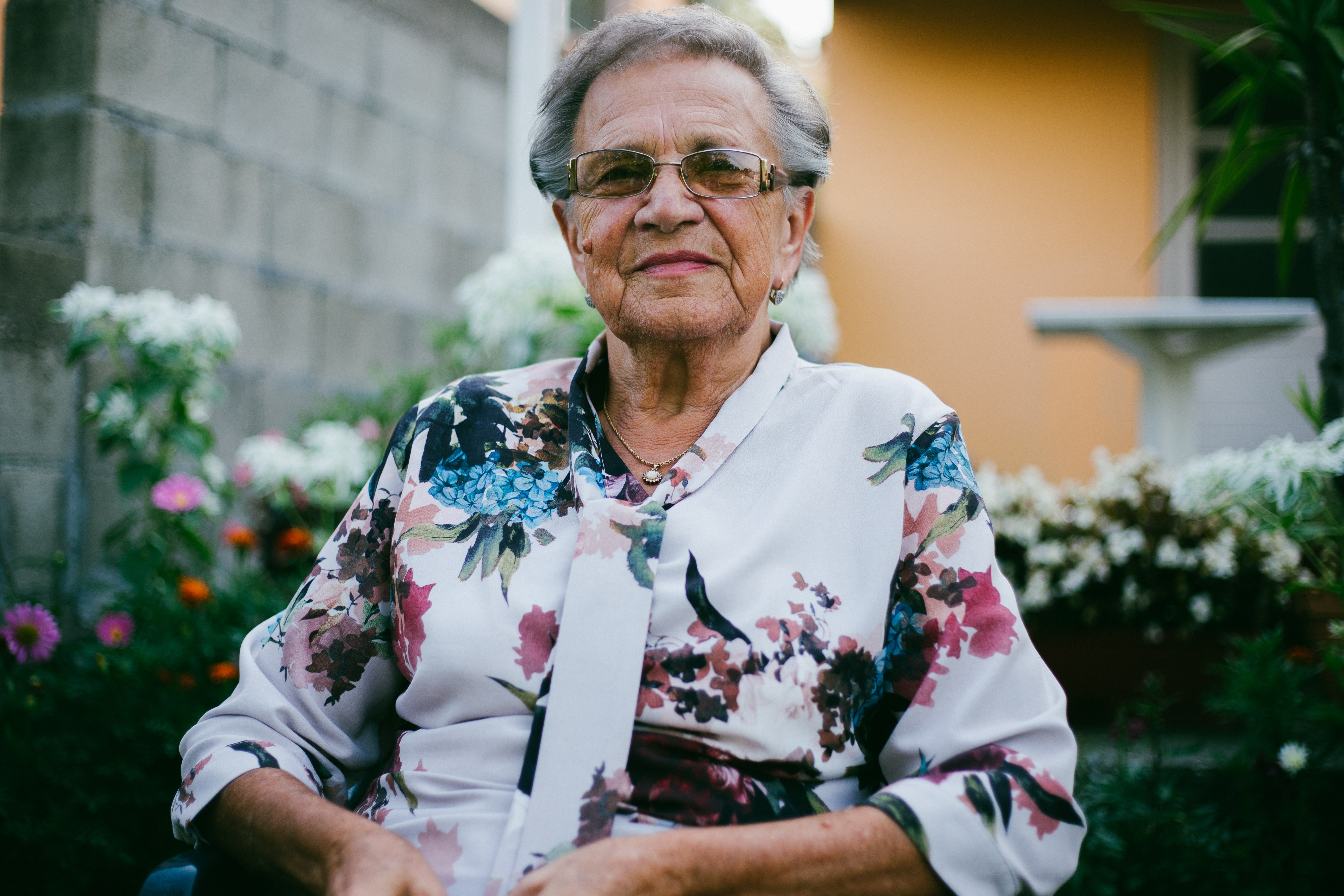
A stock image of an older woman outdoors. Credit: Unsplash
A further challenge lies in the fact that many older survivors are dependant on their abuser for emotional support, care needs or are afraid of sanctioning them.
Less than a third of over-60s try to leave their abuser – compared to two-thirds in the case of survivors under-60, Jacobs said. While survivors over the age of 60 are seven times more likely to have been abused by an adult family member than those younger than 60.
The Drive Partnership, a coalition of more than 81 charities including SafeLives, has called on the UK government to publish and fund a national strategy for dealing with perpetrators of domestic abuse. Only 1% of known perpetrators receive a specialist intervention to change and challenge their behaviour, according to figures from charity Respect. Drive estimates that this failure to prevent the cycle of abuse costs the lives of two women a week and around £66bn-a-year in social and economic costs.
What You Can Do

Suzanne Jacob said everyone – including friends, family members, shop workers and housing officers – must think about what they can do to help people suffering abuse. Credit: Pexels
The older people’s commissioner for Wales, Helena Herklots CBE, on 12 May urged the public to report any suspected cases of elder abuse to the police on the 101 non-emergency phone line or ring their local council’s safeguarding team.
Key workers are also being encouraged to take a new online domestic abuse training course which aims to “equip frontline staff with the resources to provide the best possible response to older victim-survivors of domestic abuse”.
Mahmud encourages those worried for an older friend or family member to keep touch and call them where they can. If safe to do so, you could drop off food and other essential items and also reach out to the GP where they are registered to share your concerns.
Older people facing domestic abuse should contact support services such as Solace Women’s Aid or Hourglass and can also find support from their local GPs and council safeguarding teams, she said.
“With the current situation in lockdown, everybody reading this article, whoever they are … needs to think about the creative methods they have to help,” added Jacob, from SaferLives.
“Use open questions to allow somebody to talk about whether they feel safe and give them as much autonomy as possible.”
*some names and details have been changed to protect the people involved

